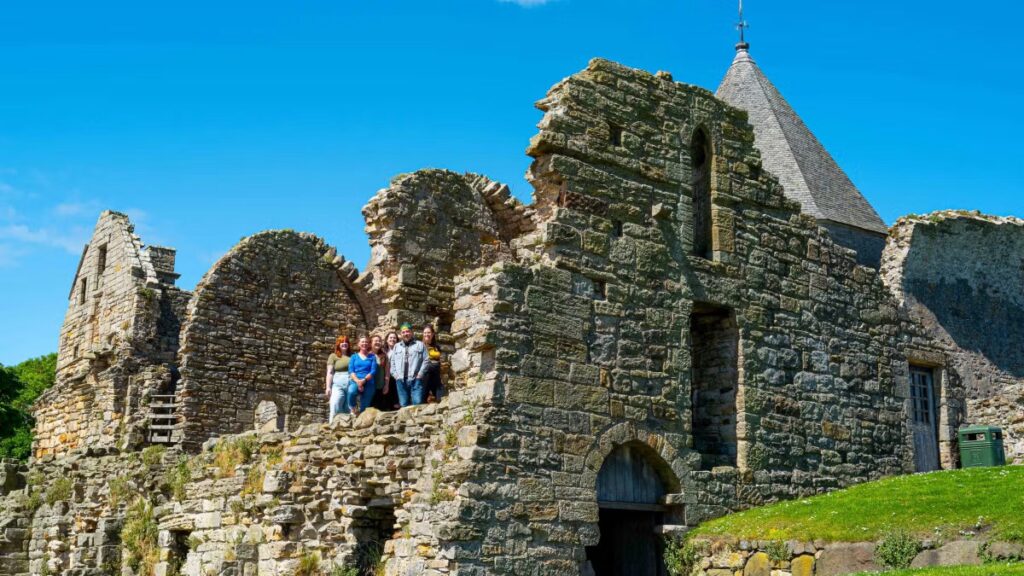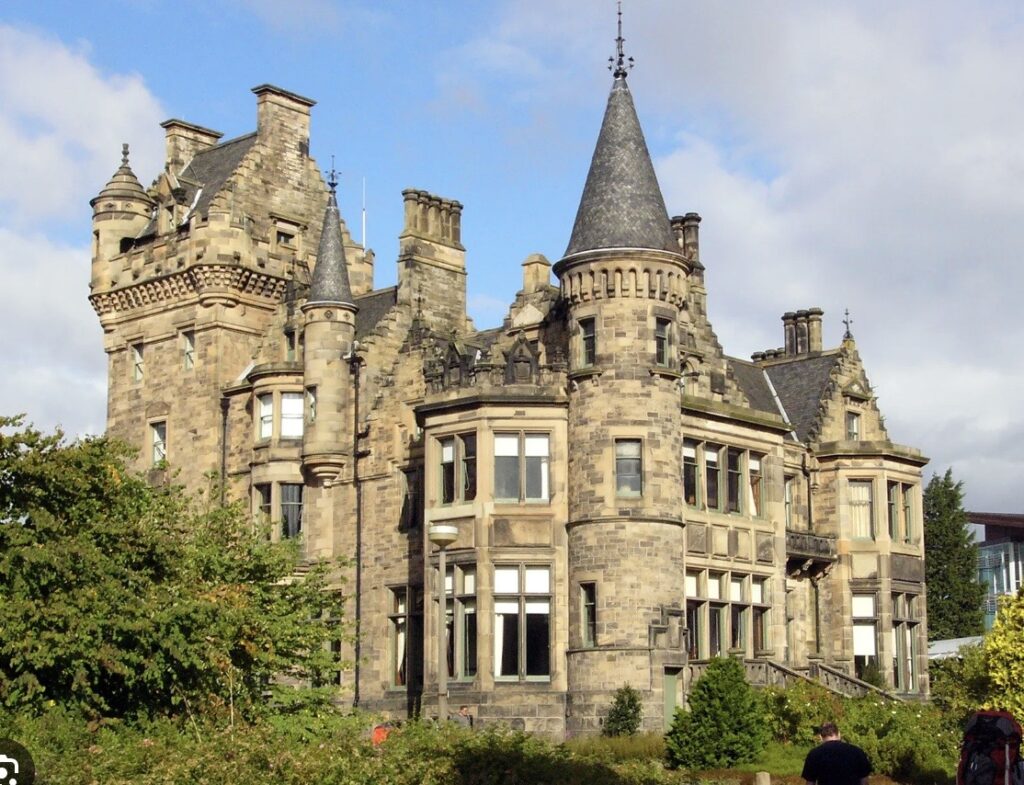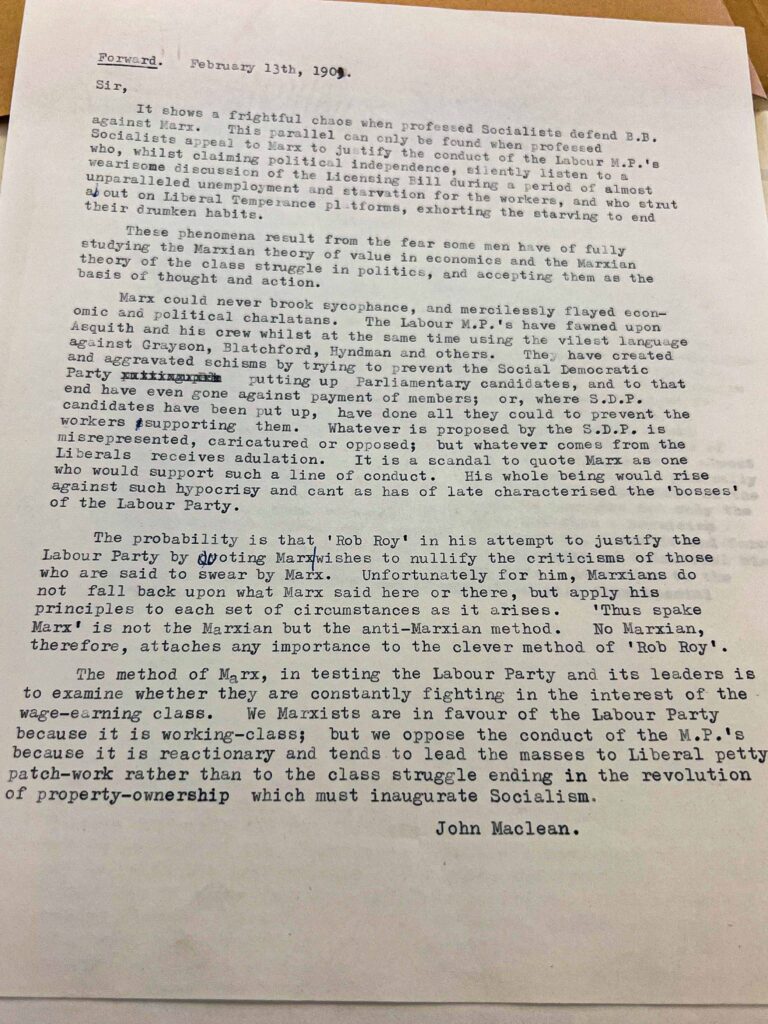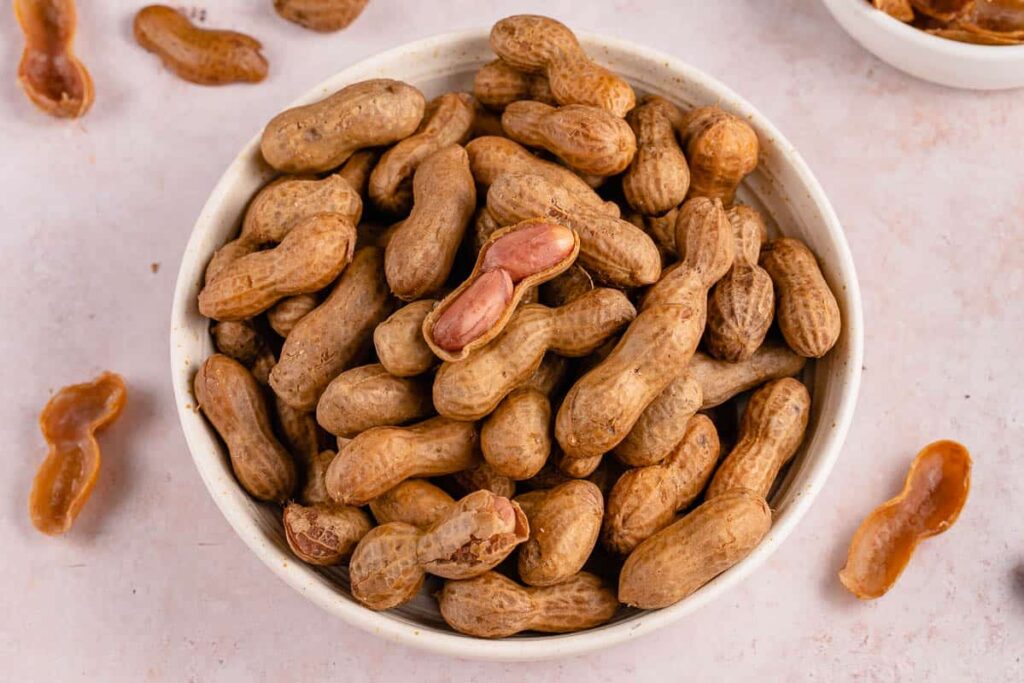


March 19, 2025
Lane Wallace is a dedicated high school teacher with a background in psychology, law, and history, bringing real-world insights into his College & Career Readiness and Intro to Law classes. With experience teaching subjects ranging from World and U.S. History to Drama, he emphasizes practical applications to equip students with essential life skills.

March 18, 2025
This post reflects on the author’s experience conducting research in Scottish archives, describing the surreal joy of working with centuries-old documents. It offers advice for graduate researchers, emphasizing the importance of taking breaks, recognizing when to shift focus and accepting the challenges of finding original sources.

March 12, 2025
John Cardoza is a retired attorney and 2023 online MA graduate. After an initial, unfinished foray into graduate history at UCSB in the late 1970s, he attended law school at UC Davis and was employed in Ventura County as a prosecutor and family law attorney.

February 27, 2025
Brigitte Brown completed the history MA capstone in the summer of 2024. Her defense video examines barbecue culture among slaves in the Antebellum southern United States. Drawing from a rich collection of oral histories, she explores how barbecue functioned as an important meal created by and for black enslaved Africans.

February 21, 2025
This post by Glenn Summers delivers a tactile and analytical discussion of some sources on the 1913 strike at Leith Docks, a key event during the UK’s Great Labour Unrest. These sources were discovered during the Scotland Archives Experience in June 2024.

May 29, 2024
Dr. Katherine Bynum is an Assistant Professor and historian with a focus on Black and Brown freedom struggles. Currently, she is working on her book, Unite and Be Free: The Formation of a Multiracial Coalition against Police Brutality in Dallas. We sat down with her and asked how she created her book.

May 22, 2024
Ceviche, seviche, or “cebiche,” a popular Peruvian dish, brings a different image to mind depending on who you ask. Yet, this recipe and the many ways anyone can prepare it have solidified itself as the national food of Peru, representative of its environment, culture, and growth.

May 8, 2024
In ancient Peruvian culture, even the dead ate peanuts. Originating from the peaks of the Andes mountains, peanuts are not nuts at all but legumes and are more closely related to beans than cashews. For approximately 7,500 years, peanuts survived as a popular staple in humanity’s diet, and, in ancient times, religious rituals offered peanuts as sacrifices to the gods.